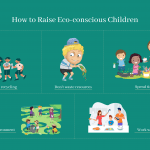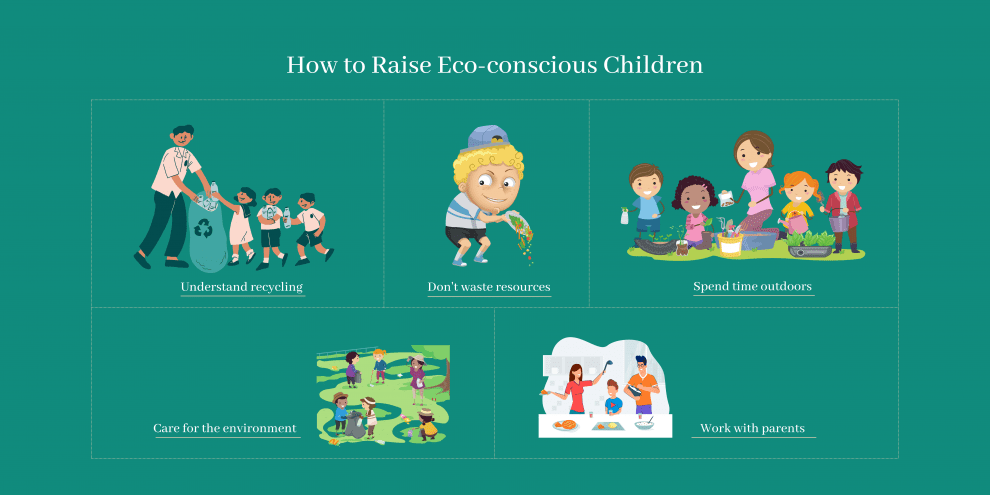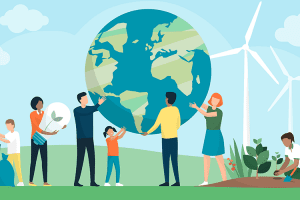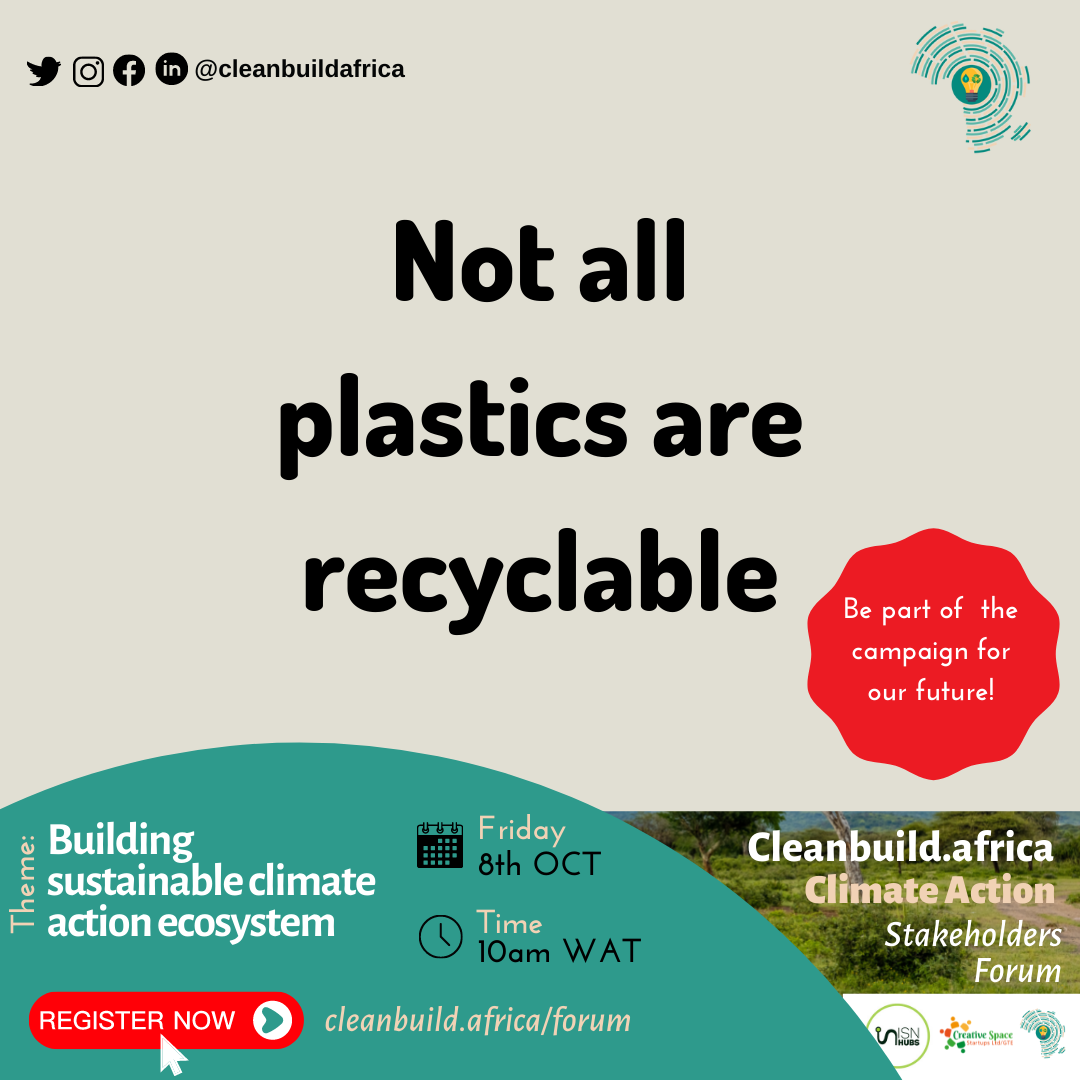Hello readers,
Welcome to #SolutionMonday on CleanbuildVoices!
Whether they realize it or not, young children are among the most vulnerable to climate change. Now more than ever, parents need to raise awareness about climate change and train their children to adopt eco-friendly lifestyles.
For today’s special, we will consider why it is important to teach children how to become eco-conscious regardless of their age. We will also share tips that can help parents to succeed in doing this.
Why bother to teach my kids eco-friendly practices now?
Don’t wait for your children to grow to adulthood before they learn how to take care of the environment. Inculcate environmental consciousness in your kids during their formative years as this will shape them when they grow up.
Remember that whatever they learn and practice today affects their future, day-to-day lifestyle choices. And in this fight against climate change, no one is too little or young to contribute.
Here are 5 tips that can help you to raise eco-conscious children
Teach them to value resources: Train children how to conserve water and food. Also, show them how to preserve food and beverages and avoid throwing away huge amounts of food leftovers.
Help them to understand recycling: Teach them what it means to reduce, reuse and recycle. Not every item is meant to be thrown away, show them how to find other use for old stuff. You can find more about teaching kids how to recycle here.
Work with them: Allow your kids to join you in doing household chores such as cleaning, washing, and grocery shopping among other activities. Not only will they feel needed, but they will also grow into capable adults.
Spend time outdoors with them: One of the best ways to help your kids develop a love for the environment is by allowing them to engage in outdoor activities. Instead of keeping them busy with phones, video games, or other distractions, you could take them on errands or to places like parks or gardens.
Encourage them to care for the environment: Your children should learn how to pick after themselves and deposit trash responsibly. Let them know the implication of littering that it is not only bad for the environment, but it is a bad habit.
Although we understand that children are different and what works for one may not work for the other, however, we hope that these few tips will help you to raise eco-conscious children.
Watch this space as we will be back next week’s special.













![Cleanbuild.africa unveils speakers for its first Climate Action Stakeholders Forum [Updated] climate action - cleanbuild](/wp-content/uploads/2021/09/WhatsApp-Image-2021-09-22-at-11.16.18-AM-300x200.jpeg)






